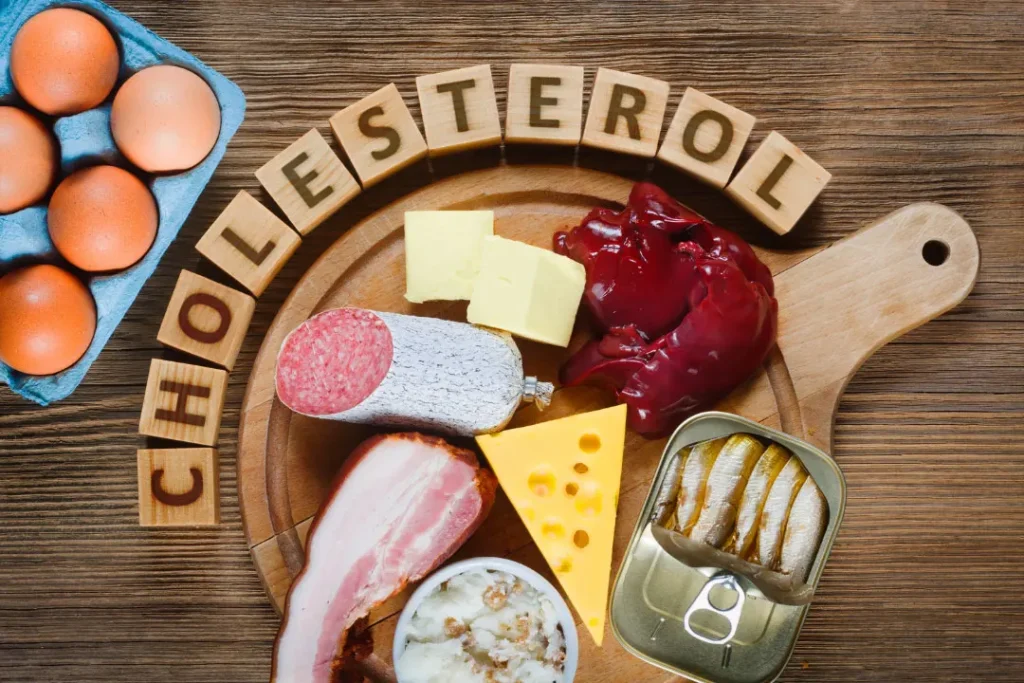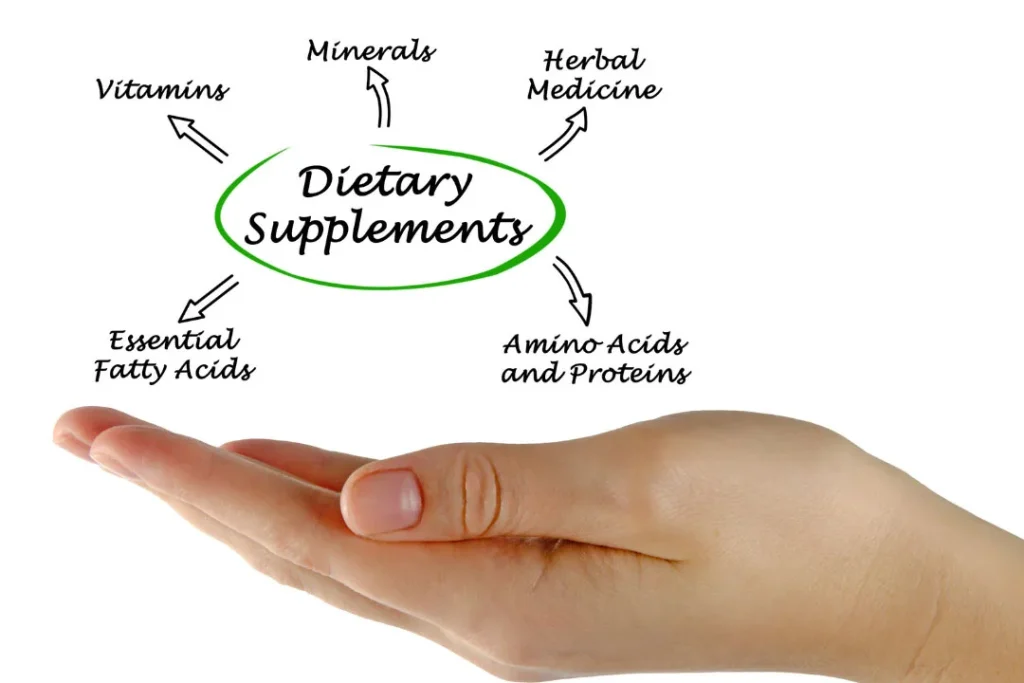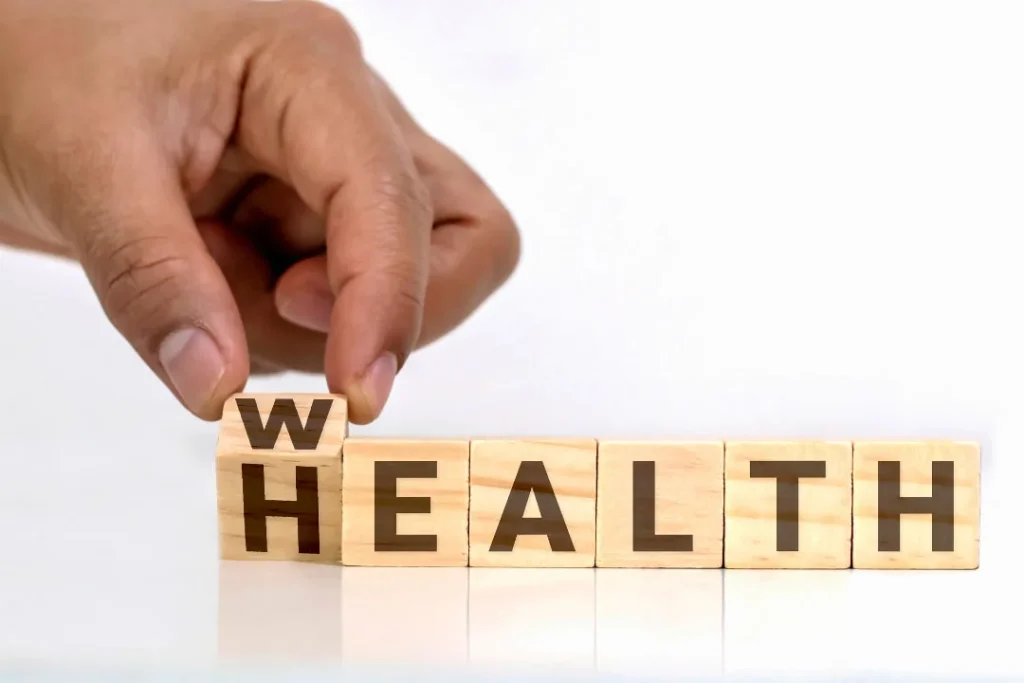Corn cockle (Agrostemma githago) is a Caryophyllaceae family flowering plant. Corn cockle, often considered a weed in grain fields, has gained popularity in recent years due to its possible health advantages and usage as a nutritional supplement. The purpose of this page is to offer a thorough description of corn cockle, including its nature, health benefits, recommended dose, side effects, potential drug interactions, and responsible usage.
You May Also Like:
The Best Mushroom Supplements for Memory: 5 Top Brands Reviewed
The Best Supplements for Memory and Brain Fog: 5 Top Brands Reviewed
Corn Cockle: Benefits, Dosage, Side Effects, Drug Interactions, and Other Important Information is an original (NootropicsPlanet) article.
Nature of Corn Cockle
Corn cockle is an annual herbaceous plant that can grow to be one to three feet tall. It has lance-shaped leaves and pink to violet blooms. The plant is native to Europe, although it has spread to other parts of the world. It includes a number of bioactive chemicals, such as saponins, flavonoids, alkaloids, and tannins, which contribute to its possible health benefits.
Health Benefits of Corn Cockle
Corn cockle includes flavonoids and other phytochemicals that are anti-inflammatory and antioxidant. These substances may aid in the protection of cells against oxidative stress and the reduction of inflammation, potentially aiding in the prevention of chronic illnesses.
Additionally, preliminary study indicates that corn cockle extracts may benefit cardiovascular health. Saponins, for example, have been found to decrease cholesterol levels and improve blood lipid profiles. These effects may contribute to a lower risk of cardiovascular disease.
Along with this, research has found that corn cockle extracts have anticancer qualities, which are attributable to the presence of bioactive chemicals such as flavonoids. These chemicals have the potential to inhibit cancer cell development and trigger apoptosis (cell death). However, further research is needed to identify the entire scope of these effects.
Chemistry of Corn Cockle
Saponins are glycosides with a unique structure that consists of a hydrophilic sugar moiety coupled to a lipophilic triterpenoid or steroid aglycone. Corn cockle includes saponins such githagenin and agrostemmic acid. These chemicals have been linked to anti-inflammatory and antioxidant properties.
Flavonoids, which are polyphenolic chemicals found in many plants, found in corn cockle include kaempferol and quercetin. Flavonoids are renowned for their antioxidant characteristics and may contribute to corn cockle’s possible health benefits.
Corn cockle also contains alkaloids such as githagin and agrostemmine. Alkaloids are nitrogen-containing molecules with pharmacological properties. Some alkaloids contained in corn cockle, however, are poisonous and should be avoided by eating raw or badly prepared seeds.
Physiological Mechanisms of Action
Corn cockle contains saponins and flavonoids, which may contribute to its anti-inflammatory properties. These chemicals have been demonstrated to reduce inflammation in the body by inhibiting the synthesis of pro-inflammatory molecules such as cytokines and prostaglandins.
Corn cockle contains flavonoids and other polyphenolic substances that have antioxidant qualities. They can scavenge free radicals and minimize oxidative stress, which is linked to a variety of chronic illnesses. Corn cockle may help prevent cells from harm and boost your general health by neutralizing free radicals.
The potential cardiovascular advantages of several bioactive chemicals in corn cockle, such as saponins, have been examined. Saponins have been proven to limit cholesterol absorption and lower levels of low-density lipoprotein (LDL), also known as “bad” cholesterol. Corn Cockle may assist preserve cardiovascular health by altering lipid metabolism.

Optimal Dosage of Corn Cockle
Due to a lack of scientific information, determining the ideal dosage of corn cockle as a dietary supplement is difficult. Before introducing corn cockle into your regimen, it is critical to talk with a healthcare practitioner. As a general rule, start with minimal dosages and gradually increase while monitoring for any unwanted effects.
Side Effects of Corn Cockle
While corn cockle may have health advantages, it is crucial to be aware of potential adverse effects. Raw corn cockle seeds contain harmful substances such as saponins and alkaloids. Consuming high quantities of these seeds can be dangerous, causing you to develop symptoms such as nausea, vomiting, and gastrointestinal discomfort. It is critical not to eat raw or inadequately prepared corn cockle seeds.
People who are allergic to plants in the Caryophyllaceae family should avoid taking corn cockle as a supplement. Skin rashes, itching, and respiratory problems are all indications of allergic responses. If any bad reactions occur, discontinue usage and seek medical treatment.


Potential Substance Interactions
Certain drugs or substances may interact with corn cockle. Before using corn cockle as a dietary supplement, it is critical to speak with your healthcare provider, especially if you are taking any drugs or have underlying health concerns. Among the possible interactions are blood thinners, which are adversely affected by bioactive substances in corn cockle that may have anticoagulant properties. Individuals using blood thinners, such as warfarin, should use caution and seek medical advice before using Corn Cockle.
Immunosuppressive medicines should also be used with caution when adding corn cockle to your health regimen. The immunomodulatory characteristics of corn cockle may interact with immune suppressant medicines. If you are using immunosuppressive medications, check your doctor before using Corn Cockle.


Responsible Use of Corn Cockle
Quality and safety are important factors to consider when experimenting with corn cockle usage. Buy corn cockle supplements from trustworthy vendors that follow quality and safety guidelines. Look for third-party testing and certifications to confirm the product’s purity and validity.
Per usual, consult with a healthcare expert before introducing corn cockle into your routine, especially if you have any underlying health concerns or are taking drugs. Follow the manufacturer’s or healthcare professional’s recommended dose instructions. Extending the recommended dose may result in undesirable consequences.
Corn cockle continues to grow in popularity due to its possible health advantages. Although scientific study on its benefits is limited, preliminary findings indicate that corn cockle may have anti-inflammatory, antioxidant, and anticancer qualities. However, corn cockle should be approached with caution since it contains hazardous chemicals in its unprocessed form. When considering Corn Cockle as a supplement, responsible usage, contact with a healthcare expert, and adherence to suggested doses are critical. More study is needed to better understand its mechanisms of action and possible health advantages.


Corn Cockle:
Conclusion
For those who do not take a variety of medications, corn cockle can be a safe addition to your health regimen and boost your other supplement’s ability to reduce bodily inflammation. This can be a helpful solution for those who have been looking for other ways to promote stellar cardiovascular health. Since corn cockle contains a variety of bioactive substances, it can be helpful when attempting to make your health regimen as effective as possible.
Avoid raw corn cockle seeds to prevent poisoning and other adverse symptoms, and continue to eat as healthy as possible to increase corn cockle’s positive effects. Keep your pets away from corn cockle in all forms, especially chickens, as this plant is highly toxic to them. However, under proper direction and taken in safe doses, corn cockle can prove to be a helpful supplement for keeping yourself on a heart-healthy path.
References:
- Effects of adaptogens on the central nervous system and the molecular mechanisms associated with their stress-protective activity. Retrieved from: https://www.mdpi.com/1424-8247/3/1/188
- Health benefits of flavonoids: Current evidence and perspectives for future research. Retrieved from: https://www.ncbi.nlm.nih.gov/pmc/articles/PMC5465813/
- Saponins: Properties, applications, and processing. Retrieved from: https://www.ncbi.nlm.nih.gov/pmc/articles/PMC6701680/
- A positive allelopathic effect of corn cockle, Agrostemma githago, on wheat, Triticum aestivum.link:https://www.researchgate.net/publication/237164979_A_positive_allelopathic_effect_of_corn_cockle_Agrostemma_githago_on_wheat_Triticum_aestivum
Important Note: The information contained in this article is for general informational purposes only, and should not be construed as health or medical advice, nor is it intended to diagnose, prevent, treat, or cure any disease or health condition. Before embarking on any diet, fitness regimen, or program of nutritional supplementation, it is advisable to consult your healthcare professional in order to determine its safety and probable efficacy in terms of your individual state of health.
Regarding Nutritional Supplements Or Other Non-Prescription Health Products: If any nutritional supplements or other non-prescription health products are mentioned in the foregoing article, any claims or statements made about them have not been evaluated by the U.S. Food and Drug Administration, and such nutritional supplements or other health products are not intended to diagnose, treat, cure, or prevent any disease.
